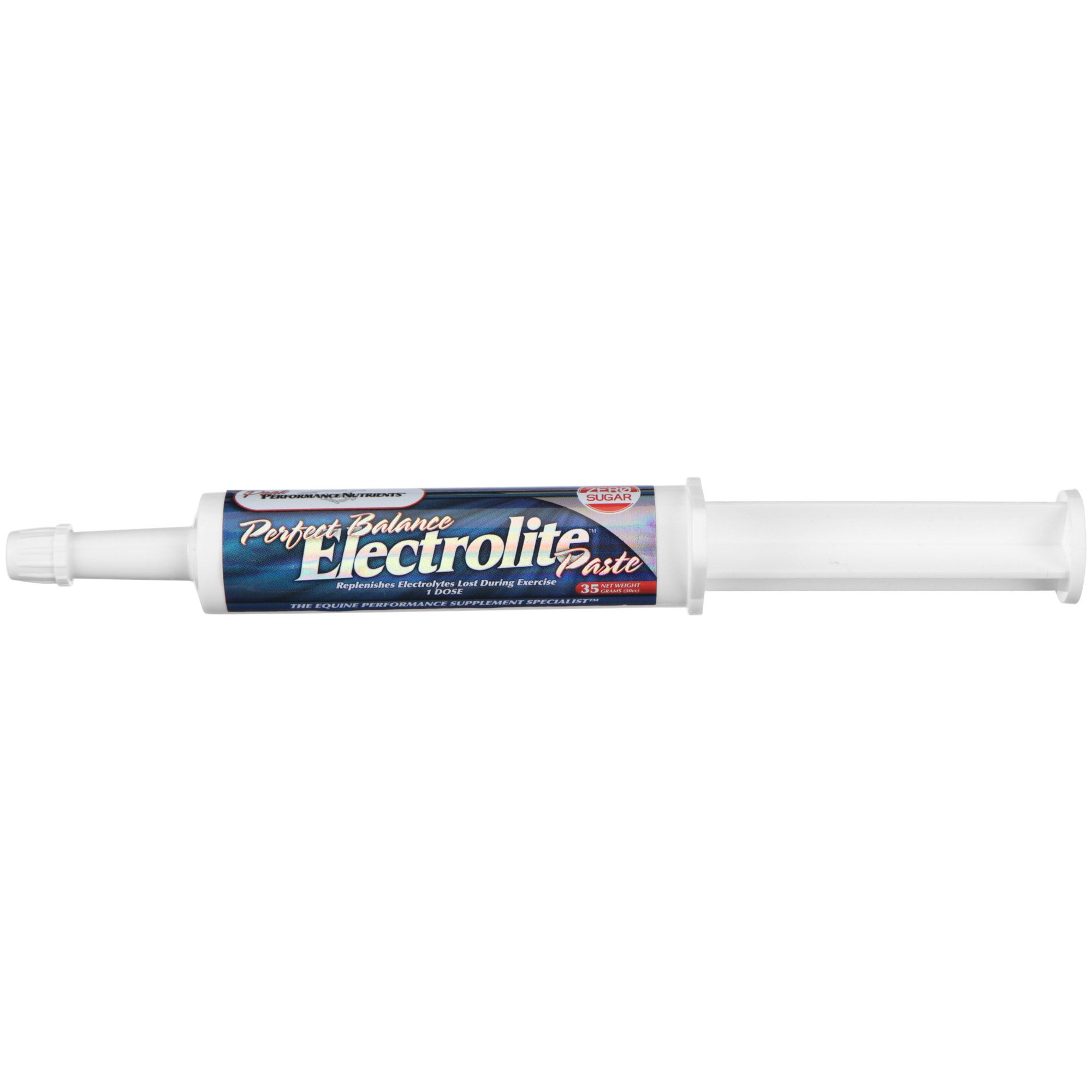

The hydration multiplier maximizes your water uptake by using the sodium and glucose co-transport across the stomach while pulling water along. These powders use a science known as Cellular Transport Technology (CTT). So, the big question is whether hydration multipliers work or not. Some situations call for an extra dose of electrolytes, such as after a night out on the town, a rigorous workout or sweat session, or a flight. Think of electrolytes as engine oil that helps the engine function. They also help regulate water flow in and out of your body cells.Įlectrolytes are, therefore, vital for cell function since they help in balancing fluid pressure inside your cells and balance PH on the outer side. Once you get electrolytes in your body, they act as the negative and positive charges that help in the firing of nerve cells. Electrolytes are a group of essential minerals including calcium, magnesium, phosphate, potassium, chloride, and sodium.

But in addition to water loss, dehydration also depletes electrolytes from your body. Hydration is believed to help prevent inflammation (oxidative stress), prevent protein breakdown, enhance insulin sensitivity, and improve the cells’ ability to turn food into fuel for your body. Also, mild dehydration can affect your cognitive function, performance on memory-related tasks, and disrupt your mood.Ĭonnection Between Electrolytes and Hydration According to a study published in Self Magazine, exercising while slightly dehydrated can reduce your endurance. Mild dehydration is no better since it may also affect your lifestyle. Being constantly dehydrated can also lead to kidney issues and make migraines worse. Dehydration can lead to weight gain, muscle cramping, nausea, dry skin, and fatigue. Staying well-hydrated can significantly improve the way you feel. However, there has been a debate whether these hydration multipliers work or they are just a marketing fad. These multipliers promise to help people, especially those who engage in intense physical activities, with instant hydration after losing water through sweating. But what if you don’t particularly enjoy the taste of water, or would like a boost that plain water can’t provide? The introduction of hydration multipliers has changed how many people think about hydrating - and no, we’re not talking about those fluorescent sports drinks you see lining the sidelines of any sporting event.

Thankfully, recent trends suggest that more Americans are shifting to water versus soda. It’s estimated that 75% of Americans may suffer from chronic dehydration.


 0 kommentar(er)
0 kommentar(er)
